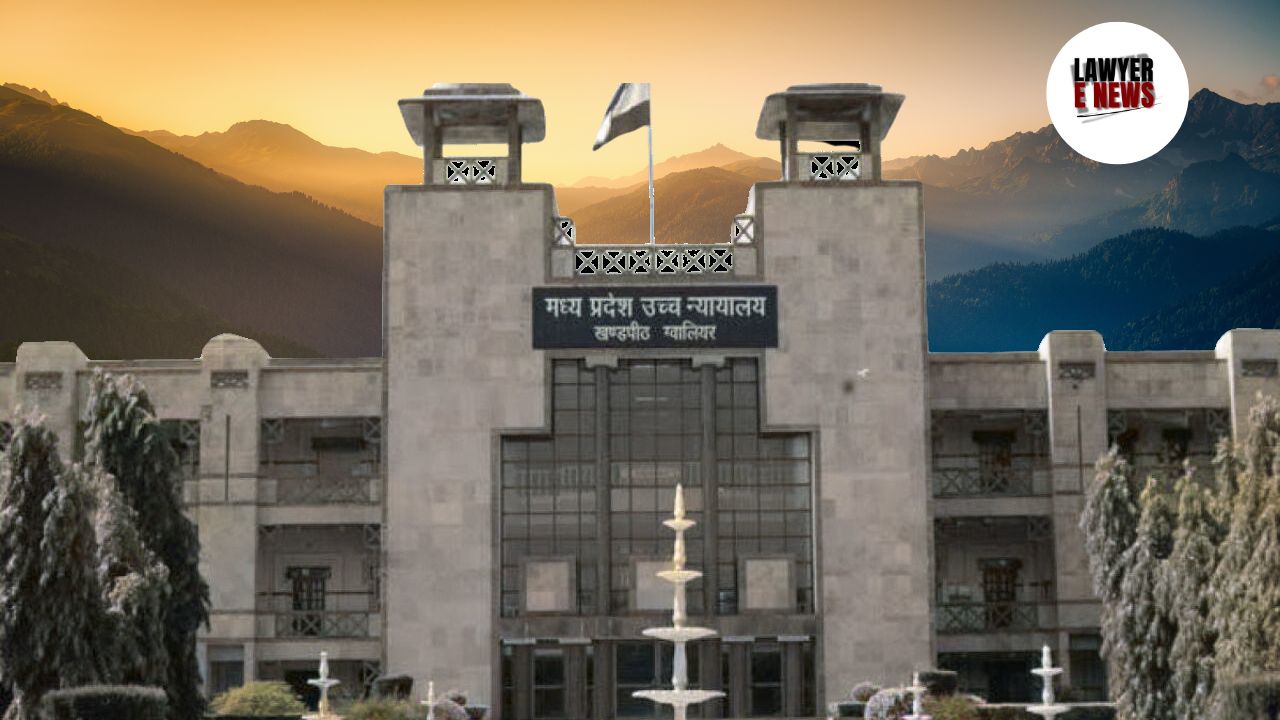-
by Admin
15 February 2026 5:35 AM



Madhya Pradesh High Court at Gwalior upheld the decision of the Seventh Additional Sessions Judge, Bhind, directing the Judicial Magistrate First Class (JMFC) to conduct a fresh inquiry into the age of a juvenile accused of murder. Justice Rajendra Kumar Vani emphasized the necessity of adhering to the Juvenile Justice (Care and Protection of Children) Act, 2015, in determining the accused's age.
The case revolved around a serious criminal charge under Section 302 of the Indian Penal Code (IPC) and Sections 25 and 27 of the Arms Act, where the accused claimed to be a minor. Despite earlier proceedings declaring the accused as a juvenile based on school records, conflicting evidence led to a demand for re-examination.
The controversy began when the JMFC Bhind, after examining the accused’s 5th, 8th, and 10th-grade mark sheets, determined that he was 17 years, 6 months, and 18 days old on the date of the offense. However, objections were raised by the complainant and the State, who presented alternative documents suggesting an earlier birthdate, which would make the accused an adult at the time of the crime.
Justice Vani underscored the discrepancies, noting, “The documents provided by both sides cast significant doubt on the accuracy of the records relied upon. In cases involving such contradictions, it is imperative to conduct a thorough and unbiased inquiry to ascertain the true age.”
The Court reiterated the procedures outlined in Section 94 of the Juvenile Justice Act, 2015, emphasizing that age determination should primarily rely on matriculation or equivalent certificates. If such documents are unavailable or contested, the Act mandates obtaining the birth certificate from a municipal authority or an ossification test as a last resort. The Court criticized the JMFC for prematurely concluding the accused’s juvenility without conducting a comprehensive inquiry or addressing conflicting evidence.
Quoting the Supreme Court’s judgment in Rishipal Singh Solanki v. State of Uttar Pradesh & Ors. (2022), Justice Vani noted, “If there is any doubt about the documents presented, the court must conduct a meticulous investigation and provide the opportunity for all parties to submit evidence.”
The High Court dismissed the revision petition filed by the accused, affirming the necessity of remanding the matter to the JMFC for a fresh inquiry. Justice Vani observed, “While the Juvenile Justice Act provides for leaning in favor of juvenility in borderline cases, this principle cannot be misused to evade justice in serious crimes. Courts must balance the Act’s rehabilitative intent with the integrity of legal proceedings.”
The Court also highlighted the social significance of the case, given the serious nature of the charges, and stressed that justice must be served without undermining the protections afforded to juveniles.
The Madhya Pradesh High Court’s ruling reinforces the importance of adhering to due process in cases involving claims of juvenility. It underscores that a hyper-technical or hasty approach can undermine the judicial process, especially in cases involving severe offenses. The decision also highlights the balance between the Juvenile Justice Act’s protective framework and the broader interests of justice.
Date of Decision: November 20, 2024.
